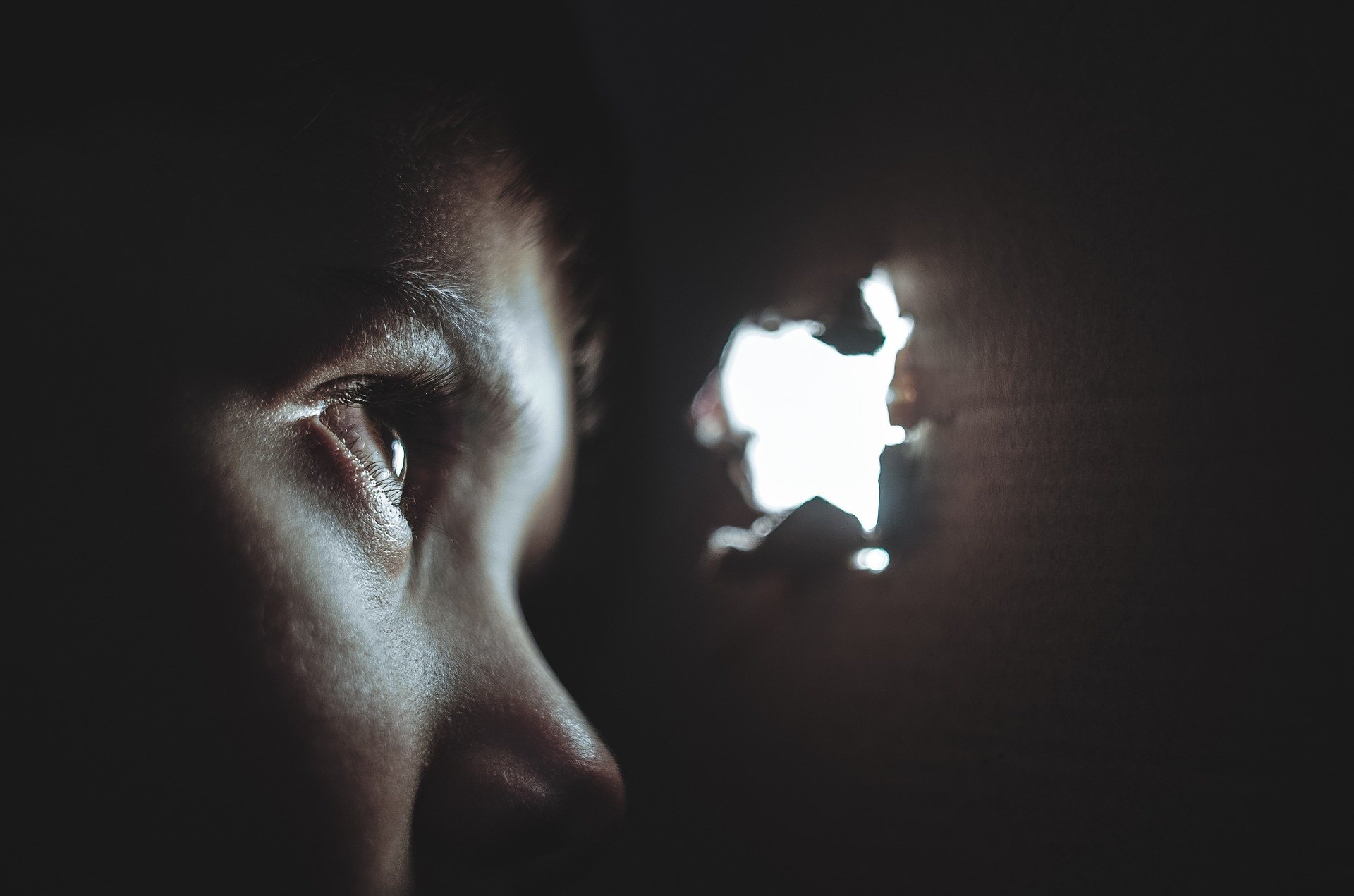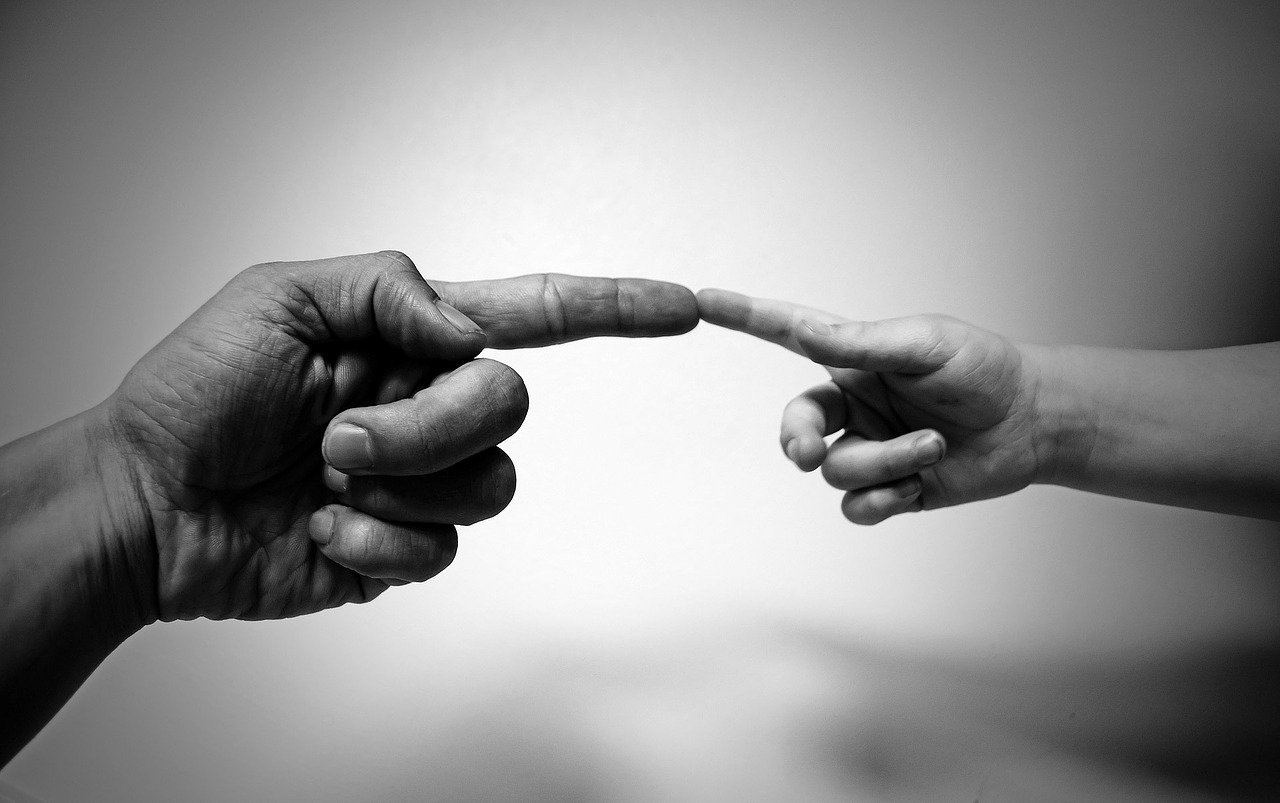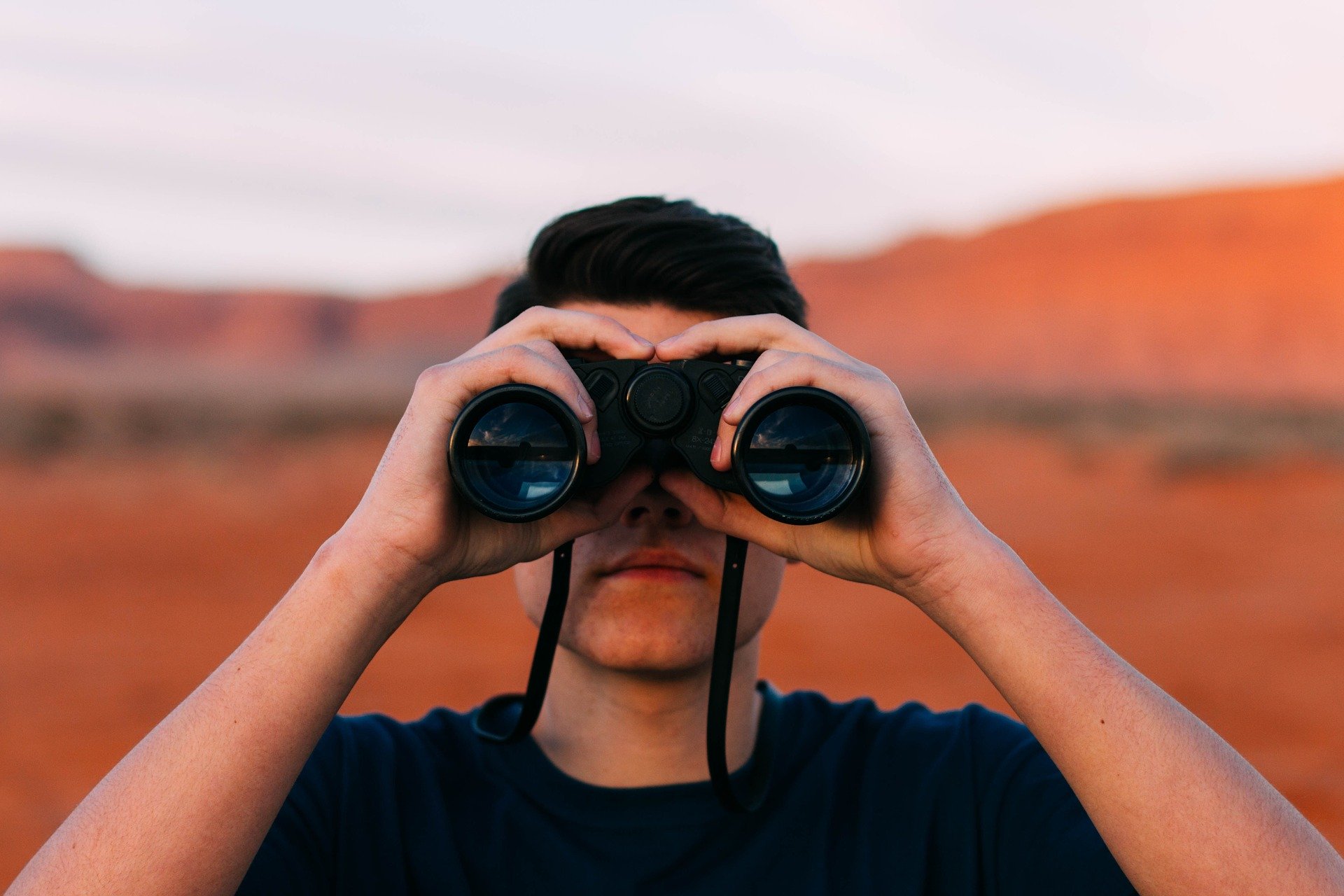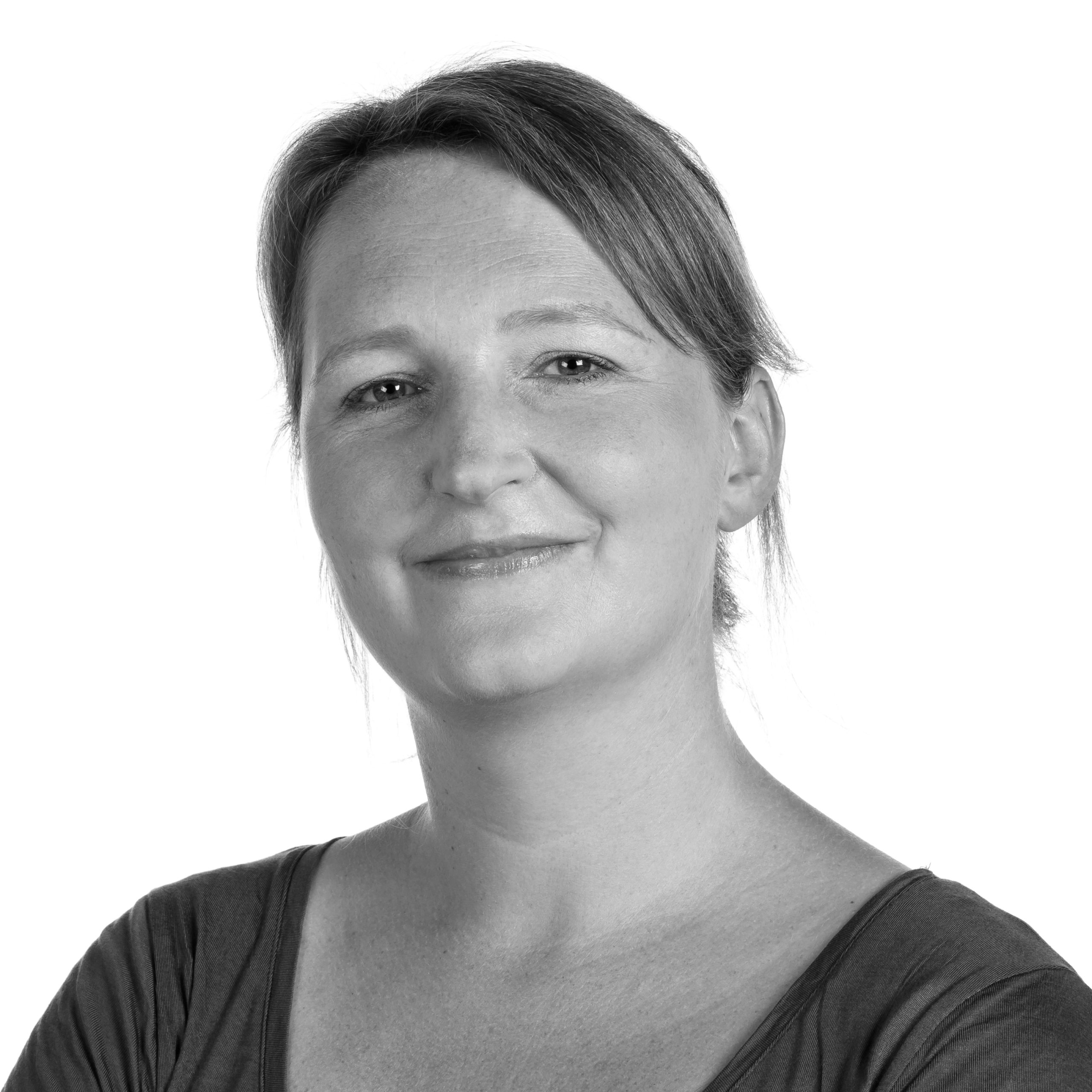At this stage in my life, I can truthfully say I have good friends, a community of (mostly) women, including sisters of both my blood and my heart. This hasn’t always been the case. Friendship in my youth and early adulthood was a double-edged sword.
Growing up, I always had close friends whom I sincerely liked. But it always seemed they wanted to see each other more often and for longer stretches of time than I did. With my sisters, there was (and still is) an understanding—a sameness and familiarity, despite our differences. I could play with them, and even go on holidays, all the while feeling the freedom to be myself. With friends, however, I’d tire quickly; I’d play, hang out, and go out with them, sure, but after an hour or two, as much as I liked them, my bucket was full. I would want solitude. My friends never seemed to tire from being together the way I did.
I clearly recall an example of this from when I was a teenager. My friends invited me to a music festival. It would be three days of camping and music. It sounded like fun going into it—and yet, I felt a sense of terror. But, wanting to fit in with my peers, I told myself I would have fun. “Who knows?” I asked myself. “Maybe I could get used to it.”
So I went and valiantly tried to like it. I immersed myself in the experience. And it did sort of feel good to be part of a group. But it was also three days of not showering, cheap takeaway food, incredibly loud music, and a constant flow of so many people—loud people—people whose conversations I mostly couldn’t care less about. By the end of the first day, I found myself counting down the hours until it was over. I stuck it out, but I can still remember how good that hot shower felt when I got home, and how wonderful the quiet bliss of my bedroom was!
★
As I grew into early adulthood, I learned about myself. I read The Highly Sensitive Person by Elaine Aron and Quiet by Susan Cain. Here for the first time I heard that some people recharge their batteries from being with people while others from being alone. I embraced the concept of the highly sensitive introvert, feeling this afforded some explanation for my social experience. I began to politely reject invitations which didn’t feel right to me, and I explained my feelings to others so I could stay true to myself without hurting people. The knowledge I gained from Aron’s and Cain’s works empowered me to feel freely and to choose what felt right for me. I loved that I could open up about my need for solitude to my partner and best friends—and feel understood. Because I considered my time alone precious, almost sacred.

Sometimes, however, I’d still feel this loneliness—a longing to connect more, despite not knowing how. I’d see images of people hanging out in groups at restaurants or on camping trips and wondered if they genuinely enjoyed this. Were they all just pretending?
★
Then I had kids: two beautiful boys, sensitive, smart, energetic, sweet, curious, and intense. Motherhood was a whole new experience. I found myself stretching far beyond what I believed possible yet uncovering a love and compassion within myself that was far greater than anything I’d ever imagined. When our boys were little, my world was small, and that suited me well: my energy was low and social interactions tired me enormously. Being alone for long stretches of time, however, also felt isolating. Now all that solitude tired me out.
Over time, our boys grew to be people-oriented humans who loved interacting with others. Our eldest was especially outgoing. When he was about three, he desperately wanted to explore beyond our backyard, whether out front, in the street, or at a playground with all the neighborhood kids. Of course, he needed supervision, so my partner or I had to go with him—and that meant having to sit in the front yard or playground making small talk with the neighbors. I felt horror at the mere thought. I cringe looking back on this, as my neighbors were perfectly nice people, but that’s how I felt about it at the time. Somehow, I managed to drag myself out there for an hour or so, if only out of a sense of duty.

After a while, I started to really look at my boys during our outings. I saw how immensely they enjoyed being with others—running, playing, laughing, learning, occasionally fighting, and experiencing the world in their own way. It gave them energy rather than taking it away. That was when it truly dawned on me: they were individuals with needs and preferences separate from my own. I couldn’t afford to stay in my comfortable cocoon of quiet, knowing these two boys had such a strong need for other people!
So we went out more. And though I did not want this for myself at first, the truth is that I grew to like it. I enjoyed stretching to meet their needs, and I loved how they loved meeting and being with others.
But afterwards, when we were back home again, I’d still feel the same tiredness. Despite the joy I got from my boys, maybe I really was someone who was meant for solitude.
★
When our eldest son started kindergarten, his teacher remarked on how much he already knew, how fast he learned new things, and on his intensity and sensitivity. After school, he’d be tired—so tired that his exhaustion would at times manifest as intense anger. In our search to understand our boy, we read about giftedness and it rang true. We had his IQ tested and were blown away by the score.
Shortly after our eldest son’s IQ was tested, we went on a seaside holiday. We rented a small, distraction-free home on the islands; while there, I read his test report, books, online articles, everything I could find about (profoundly) gifted children. My partner and I talked a lot about what “giftedness” meant. Did we even believe there was such a thing? What did it mean to us? What did it mean to our kids? In between all this reading and talking, I walked along the beach in solitude, thinking things through. I soon realized all of this also applied to his equally smart, sensitive, dreamier, less intense younger brother.
What I hadn’t expected, though, was how much this would also apply to me. The more I read, the stronger I felt that this information also depicted my struggles. I recognized the stories from adults describing their own childhoods. I related to Dabrowski’s overexcitabilities, never having realized these sensitivities could be part of giftedness, too. I read about Dabrowski’s theory of positive disintegration as well, with its cycles of dissatisfaction between the way things are and the way they ought to be, using friction to catalyze change and rethink values. It all sounded so familiar: this framework made sense in a much broader way than high sensitivity and introversion ever did for me. Up until that point, the developmental speed and sensitivity of our children seemed normal to me and my partner; as a child, my partner had taught himself a foreign language from watching a few TV shows, and I knew how to read and write by the time I entered kindergarten. These were our childhood milestones; I assumed they were the same for a lot of kids. The information I was reading, however, said otherwise. I slowly realized that my partner and I must be gifted, too. I decided to try out this new point of view, not just to understand my children, but to understand myself, too.
It all sounded so familiar: this framework made sense in a much broader way than high sensitivity and introversion ever did for me.
★
This newfound knowledge of giftedness opened a whole other world to us—a new world of people to connect with and learn from. We enrolled our eldest son in a part-time gifted program at school. Each week, the teachers’ assistant took him and one other girl, N., aside for a few hours to provide them with more engaging and challenging schoolwork. N. had the same wonderfully intense, sensitive, creative, and occasionally chaotic mind as my son, and he would often come home and talk about his new friend in a way that made me curious.
“N. really likes to joke, Mom,” he’d say.
“Don’t all kids your age?” I said.
“But not like her,” he replied. “Her jokes are really funny.”
It seemed as though now, that he saw how it could be, he realized how pale other kids’ jokes had felt in comparison. I could see how this experience fueled him—how it sparked something within. Over time, he made more friends, but in retrospect, I saw that this was one of the first times he really felt this difference in the “quality of contact.” He tasted something he wasn’t willing to give up again, and I’m so glad for it. I’m grateful that there are friends like these out there for him—for both my boys.
I too, have had the great pleasure of meeting true kindred spirits—and I always feel so alive when I do. One of the most recent times this happened was with N.’s mother: I saw the brightness in her interaction with her daughter one day and I felt an instant curiosity. It took a while for us to connect after that, but one evening, during a mothers’ get-together, we finally had the opportunity to get better acquainted. I immediately recognized her quickness, intensity, creativity, sensitivity, and a certain search for meaning—that unmistakable drive to better oneself. It was pure joy to recognize these qualities within someone else, however different we actually were as individuals. I’ve had this experience with other dear friends, too. It always feels so wonderful to have a conversation and feel it deeply resonate within me—to feel surprised, inspired, and find myself thinking I want more of this instead of How can I politely extract myself? In my interactions with true kindred spirits, I find a freedom to let go of politeness, of making things fit, of the need to adapt. I feel energized. That first contact with N.’s mother has evolved into a wonderful friendship. Our kids eventually ended up in the same class, and they, too, developed a beautiful friendship.
It always feels so wonderful to have a conversation and feel it deeply resonate within me—to feel surprised, inspired, and find myself thinking “I want more of this” instead of “How can I politely extract myself?”
Over time, I, the self-proclaimed introvert, have met quite a few wonderful people I can really connect with—with whom I can feel deeply known and accepted. It is a soothing feeling. The vague loneliness still sometimes manifests itself, but I now understand that it means I need to connect more with myself and with the wonderful people in my life.
Connecting with kindred spirits also deepened the relationships I had with old friends. Through the process of making new friends, I realized I had been holding myself back, still conforming to my self-image as an absolute introvert, protecting my solitude at all costs. My earlier understanding of my sensitivity and my need for solitude had been empowering, but I had also used it to cut myself off from people before I gave myself the chance to experience true connectedness. Now that I had experienced enjoyment in social interactions with the right people—and with the trust in myself I built through self-knowledge—I began to open up more, stepping out of my comfort zone more generally.
Through the process of making new friends, I realized I had been holding myself back, still conforming to my self-image as an absolute introvert.
What has changed this? I’ve gotten to know myself much better. I know who I am and what I value in friendships. The people who stay are the ones that fit, the ones I don’t have to adapt myself to or try to fit in with. Before, I saw myself as vulnerable, “a sensitive person,” someone who couldn’t cope with too much stimuli—I felt like I had to protect myself and was quick to fear that things were too much. I’ve learned, mostly through motherhood, that yes, I am sensitive, but I can also endure a lot more than I once thought. That vulnerable image of myself no longer holds true; it was a disequilibrium that has slowly been restored. At first I said “yes” too much, even when I didn’t feel a true “yes.” Then I said “no” a lot, to feel I could fully allow myself this “no”—but also out of self-protection, when my “shell” felt so thin in those early years as a mother. Now I feel the freedom to say “yes” or “no,” although I feel there is also more space for “yes” these days.
I’ve learned, mostly through motherhood, that yes, I am sensitive, but I can also endure a lot more than I once thought.
I can now spend an entire day with a couple of dear friends with all our kids in tow—surrounded by the chaos of our combined families—and love it. With another dear friend, I can go to the sauna and have a long conversation, or just enjoy silence–unlike the years after my kids were born, when those trips to the sauna felt like they would be too much.

This process of “finding my people” has been a revelation and a blessing. I still value my solitude—time to think and really feel what lives within me—but the connections with my friends also provide such an enrichment these days. Now I’m finding it’s easy to be with friends, to dine out together, and hang out together. Those images I saw long ago of happy groups at restaurants and on camping trips—I’ve now experienced this for myself and know it is possible, overexcitabilities and all.
What can we intense people do in a society where loneliness has become an epidemic? If you ask me, I would say it comes down to two things:
First: know thyself. If you don’t already know, go find out who you are and what you need.
Second: find people like you. It sounds so simple, I know. It isn’t always; I know that, too.
I owe a lot to my boys. They were (and still are) major catalysts for change in my life—in discovering who I am, in forcing me out of my comfort zone and in meeting more like-minded people.
If someone asked me for advice on how to find real belonging after a youth of wondering whether it was really possible to find meaningful connections, here’s what I’d tell them. If you’re unsure of who you are and thus unsure of who “people like you” are, find out—read, talk, meditate, learn, get a coach or therapist, whatever feels good. You don’t have to get your IQ tested. If what you read about overexcitabilities and giftedness rings true, try it on and see if it fits and helps you. See if the people who identify with this description are people you can relate to. Follow your interests, whatever they may be, for this also leads to like-minded people. There are so many niches in this world these days. Test yourself: see if this image you have of yourself as quirky, an einzelgänger, intense, or “too much” still holds. Sure, it can be a little scary and uncomfortable at times, but I can assure you, there are many kindred spirits out there. Go find them!





